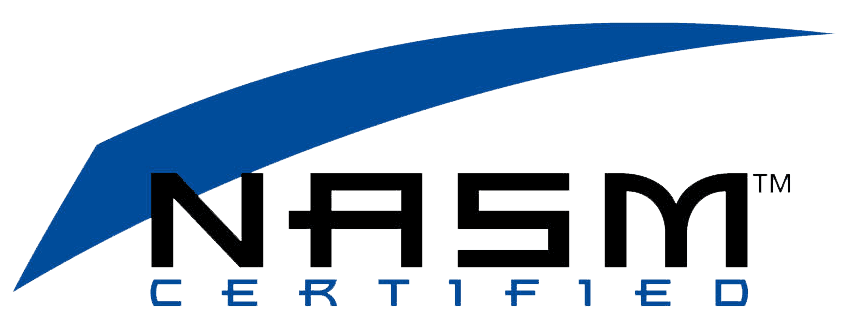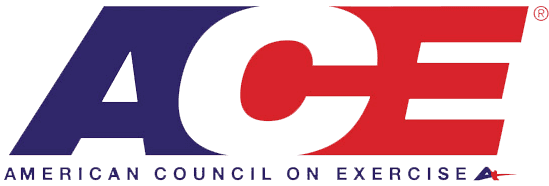Prenatal Personal Trainers NYC - HomeBodies
Customized Prenatal Personal Training and Dietary Guidelines for All Three Trimesters of Your Pregnancy in Manhattan NY and Available Nationwide with HomeBodies Virtual Training
Exercise and diet adjustments play a crucial role in maintaining a healthy pregnancy. Regular exercise during pregnancy can help strengthen muscles, improve circulation, and alleviate discomfort. It can also contribute to a better mood, an easier delivery, and increased energy levels.
As for diet adjustments, focusing on nutrient-rich foods that support the mother's and baby's growth and development is recommended. You may need to increase your calorie intake but choose nutrient-dense options such as fruits, vegetables, whole grains, lean proteins, and healthy fats. Adequate hydration is also essential, so be sure to drink plenty of water. Your HomeBodies prenatal personal trainer will work with you through each trimester and customize a healthy personal training program for you and your baby.
It's important to avoid certain foods and substances that can pose risks during pregnancy, such as raw or undercooked foods, processed meats, certain types of fish high in mercury, unpasteurized dairy products, caffeine, and alcohol. Your HomeBodies Nutritionist can provide specific guidelines regarding what to include and avoid in your diet. It's also important throughout your pregnancy to get plenty of sleep and rest when your body needs it.
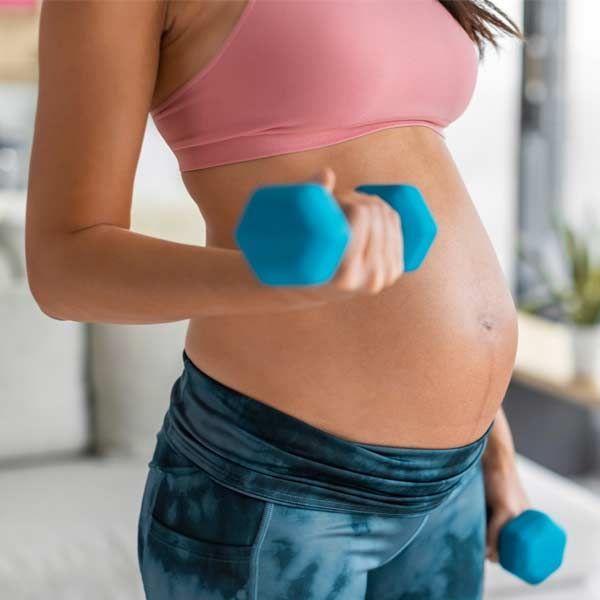
HomeBodies First Trimester Exercise and Diet Focus
During the first trimester of pregnancy, it is important to prioritize the health and well-being of both the mother and the developing baby. We want to help new expectant mothers adapt to sudden new lifestyle changes. Here are some exercise and diet recommendations for a pregnant woman in her first trimester:
First Trimester Exercise - During the first trimester, continuing your usual exercise routine is generally safe if you were active before getting pregnant. However, it's important to listen to your body and make adjustments as needed. If you haven't been active before, starting with low-impact exercises like walking or swimming is recommended. Your HomeBodies prenatal personal trainer will help you focus on maintaining overall fitness and avoiding high-impact or contact sports and activities with a high risk of falling, strenuous exercises, or activities where you may overheat.
First Trimester Diet Guidelines - Follow a well-balanced diet that includes a variety of fruits, vegetables, whole grains, lean proteins, and healthy fats. Stay hydrated and aim for about 8-10 glasses of water daily.
Avoid consuming undercooked or raw seafood, unpasteurized dairy products, deli meats, and high-mercury fish, as these might pose certain risks during pregnancy. Be mindful of your caffeine intake and limit it to around one 12-ounce cup of coffee.
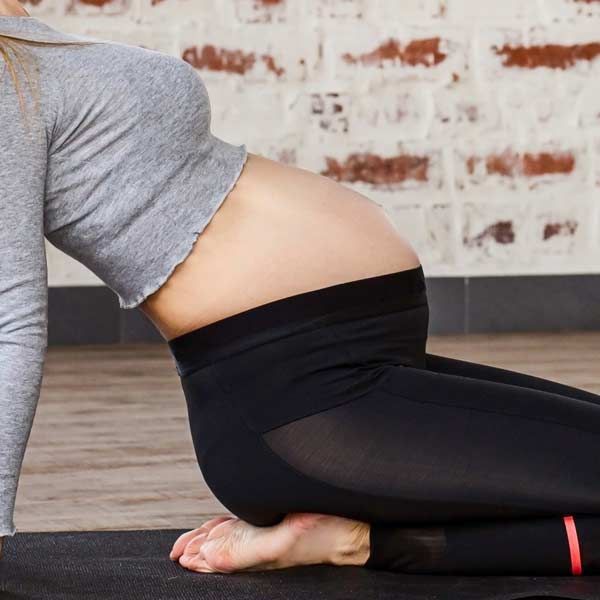
HomeBodies Second Trimester Exercise and Diet Focus
During the second trimester of pregnancy, exercise and a balanced diet are essential to support the health and well-being of both the mother and the developing baby. Here are some general recommendations:
Second Trimester Exercise - As your pregnancy advances, you may need to modify your exercise routine. High-impact activities or exercises that involve lying flat on your back should be avoided. Instead, your HomeBodies prenatal personal trainer will help you with exercises that are gentle on the joints and provide stability, such as prenatal yoga, swimming, or stationary cycling. We will aim for at least 30 minutes of exercise most days of the week without overexerting yourself.
Second Trimester Diet Guidelines - Proper nutrition is crucial during pregnancy. Focus on a well-rounded, balanced diet with protein-rich foods like lean meats, poultry, fish, beans, lentils, tofu, and eggs.
- Add whole grains such as brown rice, whole wheat bread, and oats for energy and fiber. Include a variety of colorful fruits and vegetables, which provide essential vitamins and minerals.
- Focus on healthy fats like avocados, nuts, seeds, olive oil, and calcium-rich foods like dairy products, leafy greens, and fortified plant-based milk alternatives. Lastly, eat iron-rich foods like lean meats, legumes, fortified cereals, and dark leafy greens.
- Hydration - Stay well-hydrated by drinking plenty of water throughout the day. Aim for about 8-10 cups of fluid daily, but listen to your body's needs.
- Avoid Excessive Weight Gain - Although weight gain is normal during pregnancy, it's important to maintain a healthy rate of weight gain. Your healthcare provider can provide specific guidelines based on your unique situation.
- Listen To Your Body - Pay attention to any signs of discomfort during exercise or changes in appetite.
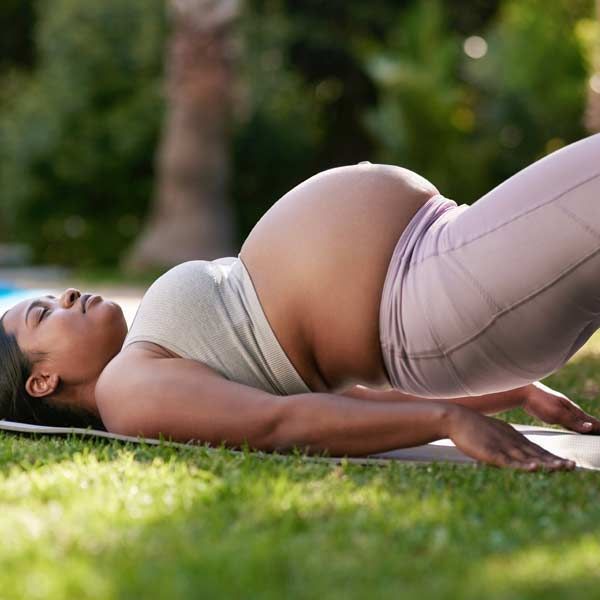
HomeBodies Third Trimester Exercise and Diet Focus
During the third trimester of pregnancy, exercise and diet play crucial roles in supporting the mother's and baby's health and well-being.
Third Trimester Exercise - During the third trimester, your body undergoes significant changes, and you may experience reduced balance and increased discomfort. Your HomeBodies prenatal personal trainer will focus on exercises that promote flexibility, strength, and stamina to prepare for childbirth. Prenatal yoga, water aerobics, walking, and pelvic floor exercises are beneficial. Performing Kegel exercises can help strengthen the pelvic floor muscles, which can be helpful for labor and delivery. We will listen to your body, take breaks when needed, and avoid overheating.
Third Trimester Diet Guidelines
- Balanced Nutrition - Stick with your focus on consuming a well-balanced diet consisting of whole foods, including fruits, vegetables, lean proteins, whole grains, and healthy fats.
- Sufficient Calories - Ensure you're consuming enough calories to support the growth and development of the baby. Your healthcare provider can provide guidance on appropriate calorie intake based on your individual needs.
- Stay Committed to Hydration - Drink plenty of water throughout the day to stay properly hydrated and support healthy digestion.
- Focus on Fiber-rich Foods - Include fiber-rich foods like whole grains, legumes, fruits, and vegetables to help prevent constipation, a common issue during pregnancy.
- Make Nutrient-rich Choices - Choose foods rich in iron, calcium, folate, and omega-3 fatty acids to support the baby's development and meet your nutritional needs. Good choices include lean meats, dairy products, leafy greens, citrus fruits, and fatty fish (choose low-mercury options).
- Save 10% Today! - We are booking now with a savings of 10% off. Now is the best time to contact us!
- Free Diet and Nutritional Assessment Call today, and get a free diet and nutritional assessment from our Registered Dietitian Lauren. A $149 value!
During pregnancy, exercise and diet play crucial roles in promoting a healthy baby and supporting the mother's overall well-being.
Exercise helps maintain a healthy weight, which is important for both the mother and the baby. It can also help control gestational diabetes, reduce the risk of gestational hypertension, and alleviate common pregnancy symptoms like back pain and constipation. Physical activity contributes to shorter labor and easier delivery.
When it comes to diet, consuming a well-balanced and nutritious menu is essential. A healthy diet provides the necessary nutrients for the baby's growth and development. It's important to include a variety of fruits, vegetables, whole grains, lean proteins, and healthy fats. Foods rich in folic acid, iron, calcium, and omega-3 fatty acids are especially beneficial during pregnancy.
A balanced diet can help prevent excessive weight gain, reduce the risk of complications like gestational diabetes and preeclampsia, and promote healthy fetal development. It's advisable to avoid certain foods that may pose a risk, such as unpasteurized dairy products, raw or undercooked meat, fish high in mercury, and caffeine in excess.
Contact HomeBodies for Prenatal Personal Trainers That Come to Your Home
Every pregnancy is unique, so it's advantageous to have a HomeBodies Prenatal personal trainer and Nutritionist who can help you tailor your exercise and diet plan to your specific needs.
Please contact us today, and let's discuss your pregnancy and how HomeBodies can help you have a healthy and safe pregnancy.
Please
contact us today!
Director
New York, NY 10019
Copyright 2011 HomeBodies Inc. All Rights Reserved. Art Commercially Licensed by Shutterstock.






